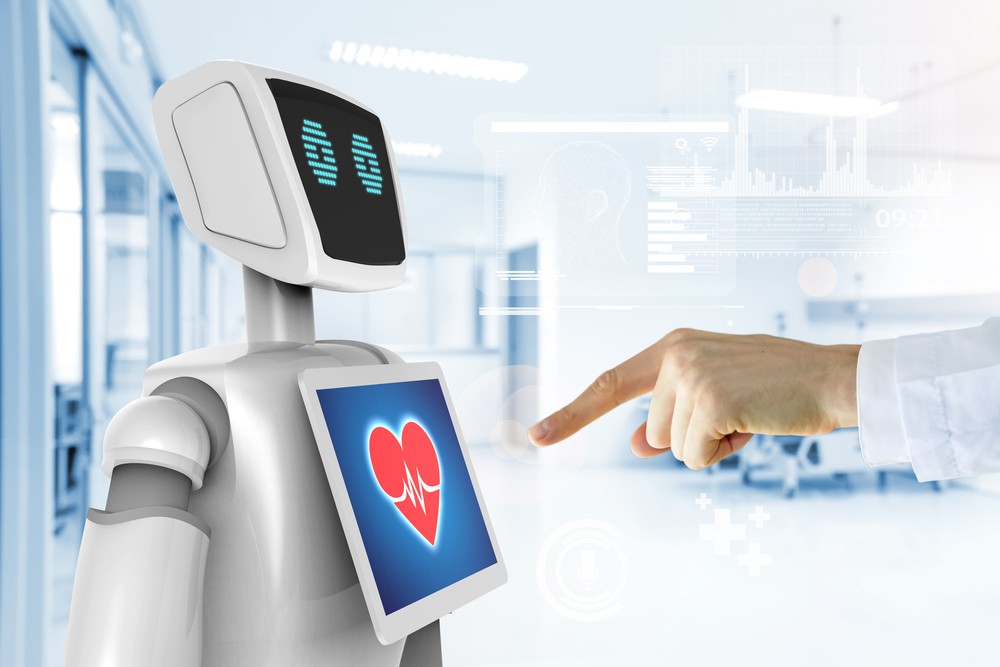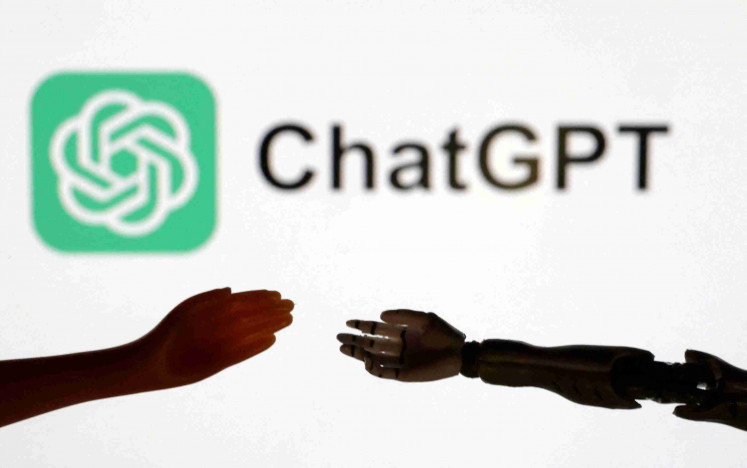AI-based medical diagnostic services to be launched in Japan
Change Size
 The private Showa University in Tokyo, Nagoya University and a software company Cybernet Systems Co. have jointly developed software to analyze colon polyps in images taken during endoscopic examinations. (Shutterstock/File)
The private Showa University in Tokyo, Nagoya University and a software company Cybernet Systems Co. have jointly developed software to analyze colon polyps in images taken during endoscopic examinations. (Shutterstock/File)
M
edical diagnostic services using artificial intelligence technologies are set to be introduced this year in Japan, where the uptake of information technology in healthcare has been slow, sources close to the matter said Monday.
The private Showa University in Tokyo, Nagoya University and a software company Cybernet Systems Co. have jointly developed software to analyze colon polyps in images taken during endoscopic examinations.
Using a vast amount of past diagnostic data, the software will determine whether polyps are malignant. It has been proven reliable -- with an assessment determining it can identify a potentially cancerous polyp with the same accuracy as a leading specialist -- and approved for commercialization by the government.
LPixel Inc., an image analysis service venture firm, has produced a program to spot cell degeneration in the cerebrum from images taken by a magnetic resonance imaging scan.
The company used a deep learning method to process large amounts of diagnostic data with the program. When a progression in a cerebral disease is suspected, it will be recommended that the patient undergo a closer check by a doctor.
The software has also been approved for sale.
Read also: China's doctor shortage prompts rush for AI health care
Such cell degeneration, often caused by arteriosclerosis or age-related deterioration in blood circulation, is associated with the prevalence of dementia and stroke.
Software-aided medical devices are expected to lessen the burden on doctors in diagnosis while reducing human error.
Expecting increased reliance on AI technologies in the medical field, Japan's Ministry of Health, Labor and Welfare has compiled guidelines which put the onus on doctors to ultimately ensure diagnostic results are correct.









